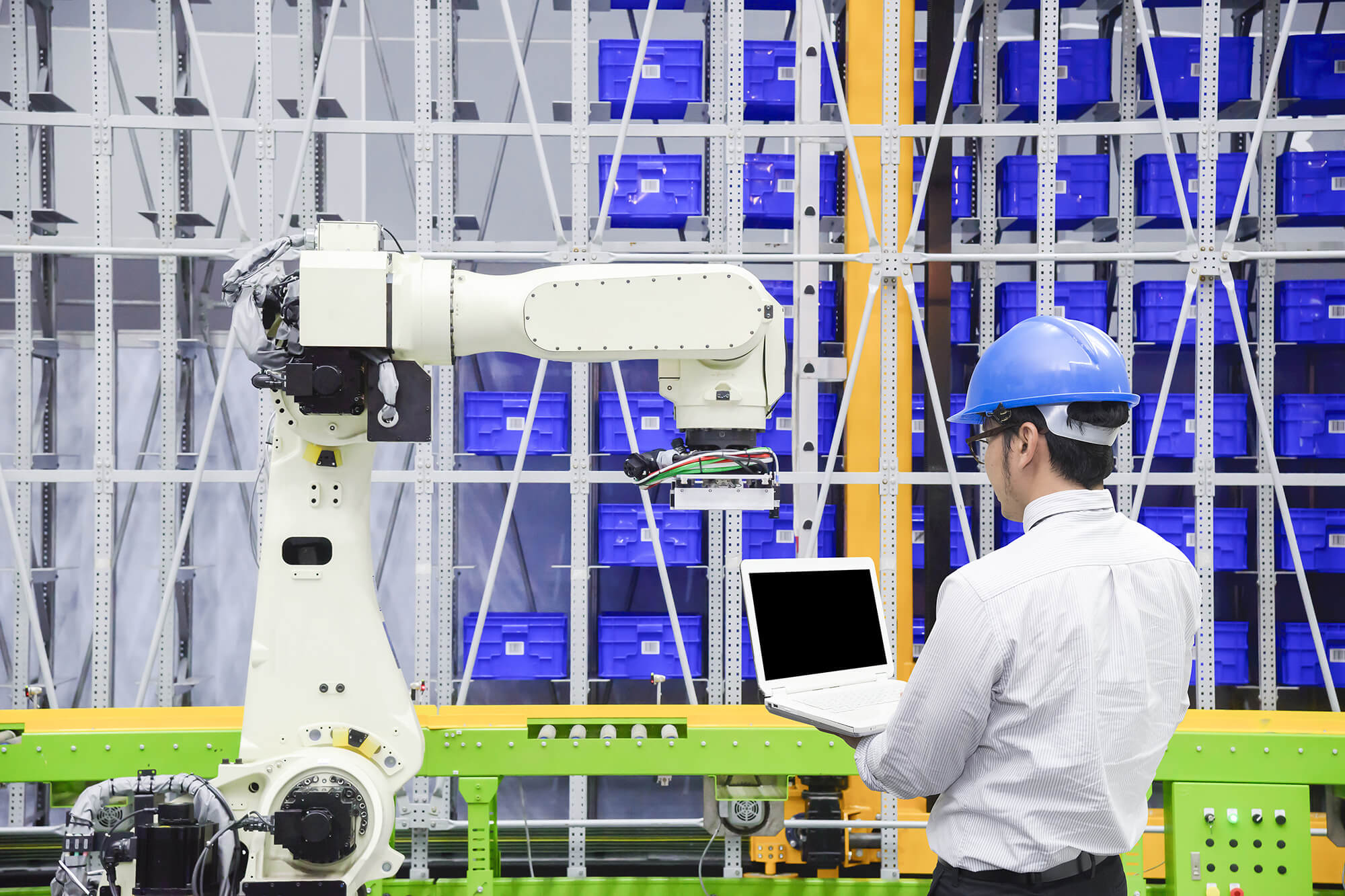AI and robotics are two exciting technologies with enormous potential. We’re used to hearing about the possibilities they could bring in the home. However, we don’t tend to hear so much about how they’re going to change supply chains, specifically in the FMCG sector. As I discussed in Oracle’s recent Retail Tomorrow, Today report, these technologies are set to change business models for the better, ushering in a new era of flexible, efficient and sustainable consumer goods companies. Businesses embracing these new technologies will be more responsive to change, and find themselves better equipped to deliver consumer personalisation and supply chain transparency. 
First, AI is set to lead to greater efficiency across the FMCG sector in the not-so-distant future. Previously, it was difficult for consumer goods companies to identify areas where operational efficiencies were required in their supply chain. Thanks to advanced algorithms, FMCG businesses can now analyse their production lines and quickly pinpoint inefficiencies. For food companies, this might be wastage, or potential security lapses, which could lead to food safety being undermined.
Second, AI is about to make supply chains more sustainable. In the past, it has been difficult for some companies to assess how they are performing against sustainability benchmarks due to the complexity of global supply chains. With the expansion in data, businesses will be able to obtain instant insights to help them assess their corporate sustainability performance on issues such as food waste and palm oil sourcing.
Another area where AI and robotics are set to have a significant impact is in the customer journey. As discussed at The Consumer Goods Forum’s Global Summit 2018 in June, consumer centricity in a data-driven world was the major theme. As the customer relationship shifts to online platforms, it’s important that consumer goods companies consider how they can deliver services that are tailored to individual customers and create a truly engaging customer journey. The expansion in data can lead to new opportunities to understand a consumer’s needs.
In future, AI chatbots could play an increasingly important role in maintaining relationships with consumers, becoming AI brand ambassadors. Furthermore, automated machine learning could also play a role in customer loyalty marketing, offering tailored services to users who engage with a brand in a particular way.
While the potential benefits are exciting, it is important to stress that to capitalise on the advantages of AI, FMCG companies will need to invest in hiring skilled data interpreters with strong analytical skills to tackle the huge increase in digital information. Furthermore, companies must ensure that they stay in touch with the latest technological developments and demonstrate a willingness to shift from old business models to new digital approaches. This can be achieved in part through collaboration with other industry stakeholders, whether it is competitors, governments, or non-affiliated digital specialists. The Consumer Goods Forum’s Learning Series provides easily digestible toolkits to FMCG leaders and enables them to hear about the best strategies for implementing emerging technologies.
The future for FMCG is immensely exciting, with AI and robotics set to bring new opportunities for commercial growth, sustainability monitoring and operational efficiency. Businesses shouldn’t look to the digital future with trepidation; rather, they should grasp the opportunities at their disposal.
The Consumer Goods Forum’s Learning Series delivers thought-provoking content on industry trends. You can check out the webpage here. Alternatively, you could check out the AI and Robotics paper produced by The CGF and PA Consulting for more information.

Ruediger Hagedorn
Director, End-to-End Value Chain
The Consumer Goods Forum
